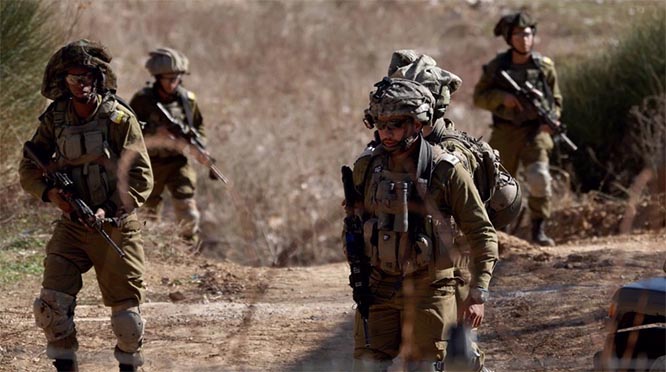Baghdad, Oct 1: Over the last few weeks, four go-getting Iraqi women have separately met premature deaths — two falling victim to men firing automatic weapons into their vehicles.
The deaths have sparked fear among women who dare to break the mold and visibly achieve in the conservative country.
The latest to die was 22-year-old social media influencer and model Tara Fares.
Her bloody demise at the wheel of a white Porsche convertible in Baghdad on Thursday has sparked as much debate as her racy photos.
Fares had built an Instagram following of 2.7 million people thanks to edgy fashion shoots, assertive missives and eye-catching, colorful hairstyles.
She also posted publicly about a violent ex-husband and a fiancé who died after being attacked in Istanbul.
But while Fares’ fearless embrace of social media inspired many young Iraqis, it upset traditionalists.
Fares was the target of a deluge of online insults over her perceived lack of modesty, in a society where many adhere to hardline interpretations of Islam.
It was this darker side of online platforms that forced the outspoken Fares to quit living in her native Baghdad and spend much of her time in comparatively liberal, secular Iraqi Kurdistan.
Fares is not the only Iraqi fashion and beauty entrepreneur to have met her death in recent weeks.
In August, the managers of Baghdad’s two most high-profile aesthetic and plastic surgery centers died in mysterious circumstances.
The first was Rafif Al-Yassiri, whose nickname was Barbie — the same name as her business venture.
A week later Rasha Al-Hassan, founder of the Viola Beauty Center, was also found dead.
Both were found at their homes, and despite ongoing investigations, the causes of their deaths remain undetermined.
But the rumor mill has churned up plenty of theories: drugs, heart attacks and murder.
On Tuesday this week, two days before Fares was shot dead, came the first officially confirmed murder among the spate of suspicious deaths.
In circumstances that foreshadowed the social media star’s assassination, activist and businesswoman Soad Al-Ali was shot several times while traveling in a car in the southern city of Basra.
Police opened an investigation and pointed the finger at her ex-husband, who is on the run.
While motivations for the two confirmed murders are far from officially established, women’s rights group Amal is deeply concerned.
“Armed groups, tribes, criminal gangs... all these control positions” within the state and security forces, Hanae Edwar said at the NGO’s Baghdad office.
The recent assassinations are “threatening messages sent to activists in particular, but also to the whole of society,” she said.
“Attacking women who are public figures is a bid to force them to shut themselves away at home,” Edwar added.
The authorities have tried to distance themselves from the deaths and provide reassurance.
But Prime Minister Haider Al-Abadi appeared to draw a link between the events in Baghdad and Basra, ordering elite intelligence units to investigate.
In a statement, Abadi cited “evidence suggesting that there is a plan formulated by organized parties to undermine security under the pretext of fighting against depravity.”
Safaa Nasser, a stylist speaking under an assumed name who until recently organized fashion shows, said she had already changed her behavior.
“The last few days, my daughters and I go out less and I stay away from the fashion world,” she said.
“There are people who don’t want Iraq to develop, or for women to be visible. They want to take us backwards.”
She urged security forces to investigate the deaths, saying an “organized network” was behind the “premeditated” actions.
“The women I know are saying that their turn will come” to be targeted,” she said.
Chillingly, Fares, Yassiri and Hassan all died on Thursdays.
“Every time, this repeats itself,” said 29-year-old Hawa Walid, shopping in Baghdad.
“Now, every Thursday, the stress rises.”






Comments
Add new comment